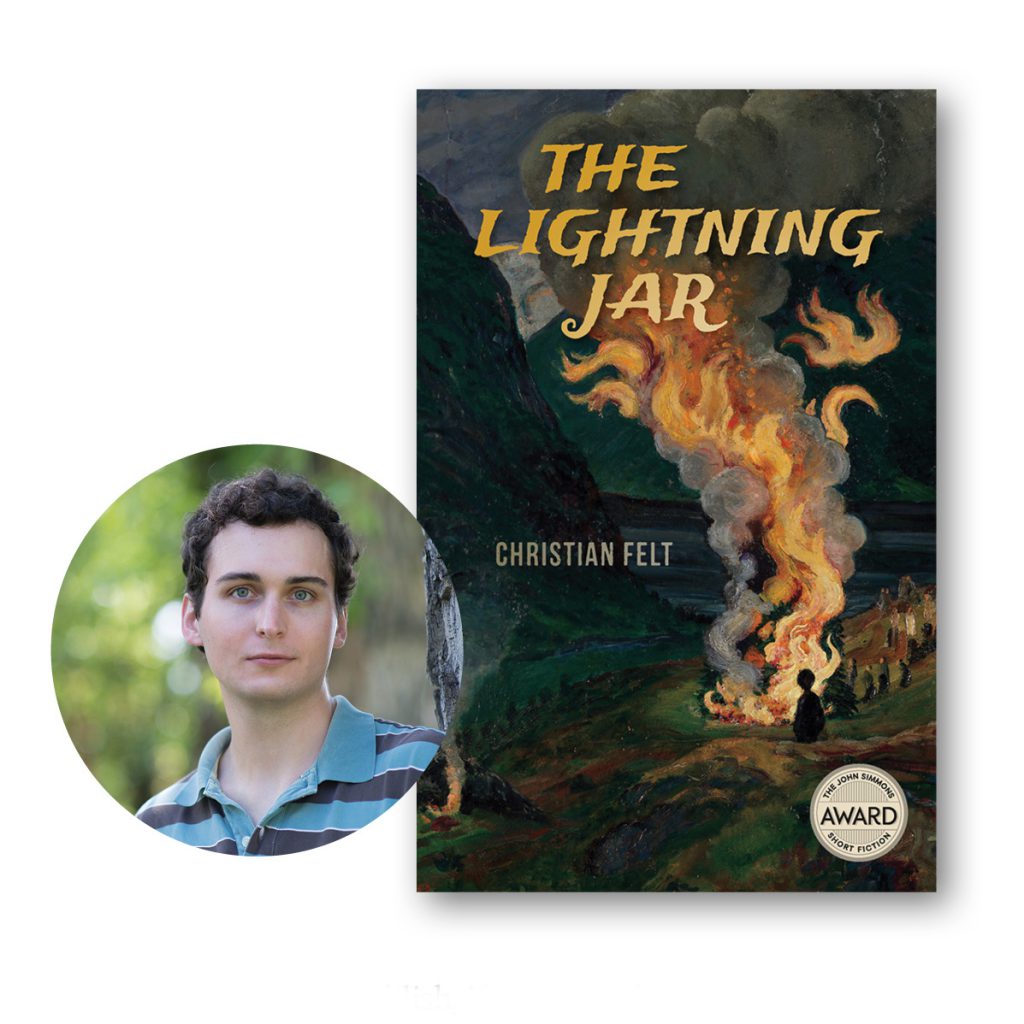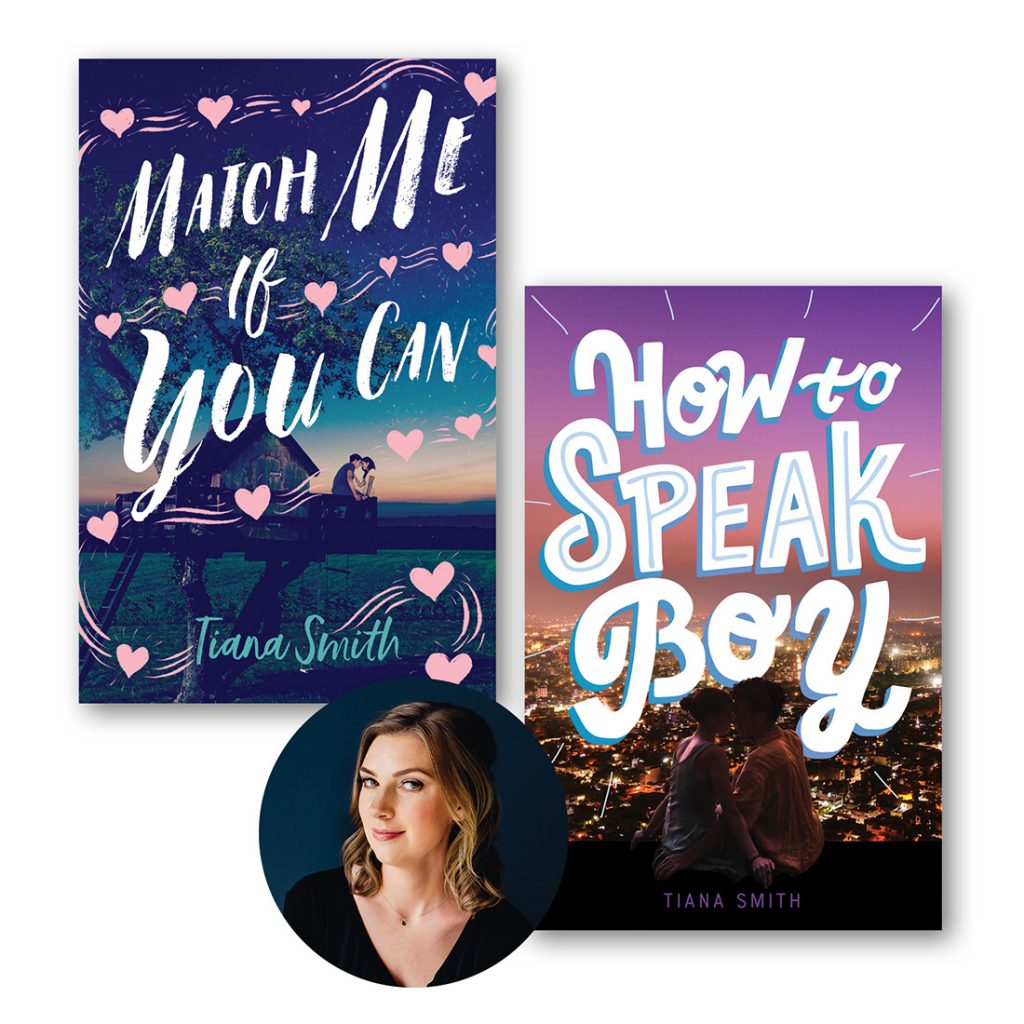
Behind the Pages
Alums talk publishing
The challenges of publishing a book often come as a surprise to those who attempt to do it. Along with actually having to finish the manuscript, someone out there has to believe in your work enough to want to help you publish it. Even still, going from draft to published book has its ups and downs—and a lot of editing and revision. And when it is finished (if you want to keep publishing), you hit the drawing board again. Meet two Westminster alumni—both majored in English and were in the Honors College—who are published authors: Christian Felt (Honors ’12) and Tiana Smith (Honors ’07). Their books are in completely different genres and, after becoming published, they made opposite decisions on whether to continue writing for the purpose of being published. Christian reflected on his experiences in writing, while Tiana spoke about her career in a phone interview. Though different from one another, their experiences offer insight into the world of publishing and shed some reality onto the often-romanticized fantasy of becoming a published author.

Don't Worry About Getting Published
by Christian Felt (Honors ’12)
I wrote most of The Lightning Jar—about Swedish children failing to come to terms with reality—in the autumn of 2013 while feeling homesick during my first and last year in the comparative literature program at Purdue. I’d gone there because I was offered a fellowship and, having unwisely majored in English, didn’t think there was much else I could do. But among colleagues who blamed Hitler on Wagner and the oppression of women on The Taming of the Shrew, I found it hard to deny much longer that the humanities had become more about identity politics than art.
This made it all the more surprising when an academic publisher accepted my manuscript. I’d chosen the University of Iowa Press because its contest seemed prestigious by association with the Iowa Writers’ Workshop and didn’t charge an entry fee. Also, the judge, Rebecca Lee, had written one of the few books I’ve ever liked by a person with an MFA.
A week after entering, however, I began to feel I’d lost integrity by seeking attention and asked the editor to disregard my submission. Fortunately, he never got my email—or he ignored it. I’m grateful that publishing has impressed my family, but on the whole, it has made me feel worse about my writing. If publication were my goal, then I shouldn’t be writing in the first place. There’s no market for serious literature, except by winners of the Nobel Prize. And I’ve never been interested in the kinds of writing that can be done professionally, such as commercial fiction or the stuff creative writing professors have to produce for their CVs.
My advice is: try to publish, if you want, but keep your vanity in check. Remember, the world already has plenty to read. Even if your book is wonderful, people could be reading Shakespeare instead. Or listening to Bach, or playing with a dog. On the whole, we probably wouldn’t be much worse off if no one had written anything since the New Testament.
So, write for the joy of it, because it’s a natural extension of loving to read, because it allows you to connect with your favorite authors and composers—even if they’ve been dead for hundreds of years. Write to develop compassion, humor, intelligence, imagination, vicarious experience, and self-command. Write for the sake of a good story, an interesting idea, or beautiful language. Write for the love of almost anything—except yourself.
The Lightning Jar
2018 John Simmons Short Fiction Award
Published: October 15, 2018;
University of Iowa Press

Writing to Be Published
An interview with Tiana Smith (Honors ’07)
Aspirations
“I knew that I wanted to be a writer from the time I was in second grade. Going to Westminster, that was the career path I had in mind. I wrote my first book for National Novel Writing Month (NaNoWriMo), and it was awful. NaNo is when you write a book for 30 days and you don’t really take time to edit it. You just get the words out. But it taught me that I could write a book and that I could finish it.”
Submissions
“The first agent I signed with left the industry, but because I had a publishing deal for my first book by then (a YA contemporary retelling of A Midsummer Night’s Dream), querying went a lot faster the second time. Because I’ve worked with my editor before, my agent and I pitched a synopsis of my idea along with three finished chapters of the start of the book. My books are romantic comedies; my editor already had a sense of my writing and style, so she knew what to expect. We went back and forth on changes until, eventually, my editor took my proposal to their acquisitions meeting. After they bought my second book, which I like to describe as You’ve Got Mailmeets high school speech and debate, I had a tight deadline to write it.”
Publishing
“Publishing is a moving target. Once you hit one goal, it is inevitable that you will find another goal to hit. But once I got published, it felt much the same as before. It’s not like random people were calling me on the phone to talk to me. My life didn’t really change all that much. I was still writing books, still taking care of my family. It’s easy to get lost in the idea of ‘now I need something more.’ However, it’s really hard to keep selling books. One in 1,000 people who want to write a book will actually finish one. Of those 1,000 people, one will get an agent. Then, most traditional publishing houses accept less than one percent of the books that agents send to them each year. Even with a publishing deal, it’s incredibly difficult to keep selling books. My goal is to keep doing what I love, and to sell enough to keep writing books.”
Misconceptions
“Publishing is not as glamorous as people make it seem. Writers don’t make a lot of money. We aren’t on a fast track to getting a movie deal or fame. Authors are normal people, and we just happen to turn something we love doing into a job.”
Advice for the publishing dreamers
“The biggest thing any aspiring writer can have is determination—even when faced with hundreds of rejections. Publishing is not for the faint of heart. Writing a book is hard enough. Getting it published is 10 times harder. Staying published is 10 times harder than that. Publishing is a business. You can’t hold onto your original idea. You have to be willing to work on it and change things and work with other people on your creative idea. Some people feel offended that someone wants them to change their work. But you have to get used to people pointing out flaws in your writing. If you go at it casually, then you won’t be success
Match Me If You Can
Published: January 8, 2019;
Swoon Reads/Macmillan
How to Speak Boy
Expected publication: January 7, 2020;
Swoon Reads/Macmillan
About the Westminster Review
The Westminster Review is Westminster University’s bi-annual alumni magazine that is distributed to alumni and community members. Each issue aims to keep alumni updated on campus current events and highlights the accomplishments of current students, professors, and Westminster alum.
GET THE REVIEW IN PRINT Share Your Story Idea READ MORE WESTMINSTER STORIES